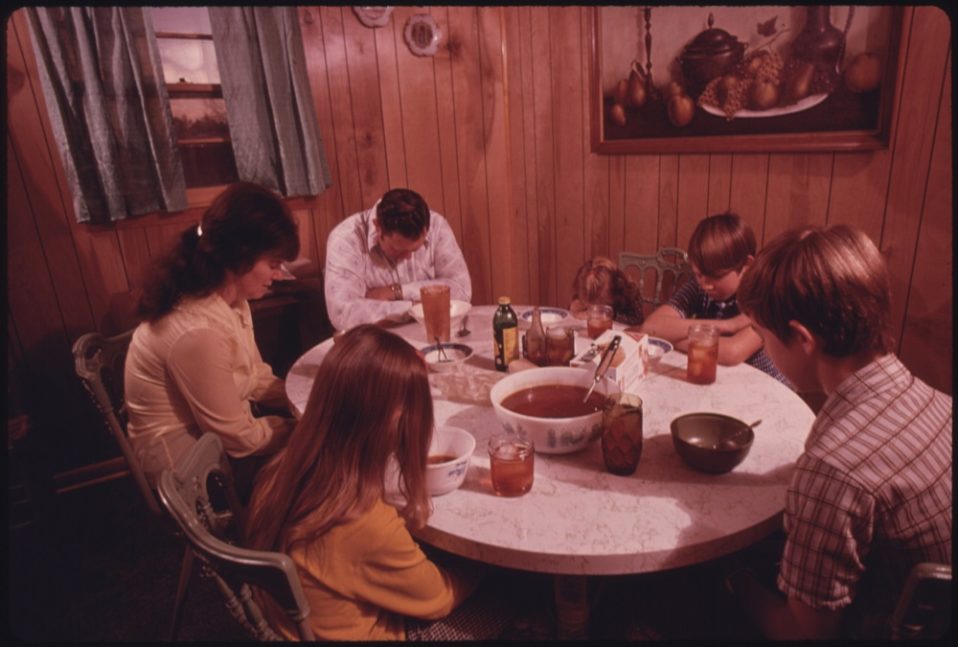Do we really ask questions when we are talking to someone? If yes, why do we ask questions? Is it to get more information? Or is it to take the conversation forward?
Maybe just to give an impression that we are listening to what is being said?
Asking questions skill fully is not seen commonly around us. People usually blunder through questions. In today’s socially connected world, where ‘everyone knows everything’, people seem to be asking less and less questions. Conversations are running parallel with everyone talking about the same (or different) subject. A typical conversation would be:
Person A: ‘Hey, I was reading the latest on the Veto diet. Seemingly it is not such a good idea
Person B: Oh ok, I have never really followed that diet. I am more of a high carb, low fat person.
Person A: (being persistent): Yeah, some research has shown that the diet can cause muscular ailments. ( A is waiting for B to ask questions, so that A can share more about Veto diet and the new information)
Person B: My diet is safer. You know, I started this diet two years back and …. Blah blah…(starts talking about his own topic..)
How frequently do you experience a situation where you broach a topic, and the other person asks an open question about that topic, with an attitude of curiosity, non judgement and openness?
Of course, we can exclude situations of the kind where you are teaching someone (and he is all ears as he has to take an exam prepared by you), you are the boss (and she wants to please you by showing that she is interested in your topic!) et al.
People ask less questions because they have so much to talk about. They have been surfing the net and taking in information. They are overloaded with data. They want to talk about it.
So why ask questions?
Questions are a very integral part of rapport building and forming a relationship. When a conversation has a healthy dose of questions (which are coming from both sides), it helps build a connect, deepens empathy and takes the relationship forward.
Why does it do that?
When we ask a question (with open curiosity and non judgement), we are literally saying “I value what you are saying, and I am giving you precious listening time and all my attention with uninterrupted silence. Please go ahead and freely share your thoughts”. In other words, we give respect to that person. When he/she reciprocates by asking you questions, it becomes a beautiful ‘tango’ with a building of mutual respect and understanding.
Another very important use of questions is to direct the flow of the conversation. If someone is talking about a subject which is boring, and I want to shift it to something more interesting, I could ask a few leading questions and subtly shift the conversation to another subject. If done adroitly, the other person will not feel offended and will carry on with the talking.
Person A: ‘Hey, I was reading the latest on the Veto diet. Seemingly it is not such a good idea
Person B: Oh ok, I have never really followed that diet. I am more of a high carb, low fat person.
Person A: (being persistent): Yeah, some research has shown that the diet can cause muscular ailments. ( A is waiting for B to ask questions, so that A can share more about Veto diet and the new information)
Person B: Oh really, what kind of muscular ailments? (a question leading in the direction desired by A)
A: If the diet is followed for more than six months, some people have complained of persistent muscular pain in the legs and arms.
B: That’s interesting. The high carb, low fat diet also showed up similar results. What do you think is common between these two diets (A question subtly shifting the topic in a different direction)
A: Oh, there should not be much in common. The Veto diet is all about no carbs and lots of protein and fat.
B: Oh, then it must be something unrelated to the diets. What diet do you follow? (This question further moves it away)
A: I have been following the Veto diet for a few months. I gave up as I was finding it difficult to juggle with my work timings and availability of right ingredients. I am not much of a cook you know.
B: Oh ok, I love cooking. So, how are your work timings? Do you get time to visit the gym? (This question moves away from the topic of diets)
The third and most important job of questions is to know the other person. When we ask a question in a conversation, we are not just getting information on the topic, we are also getting to know the other person. How do we do that? By watching the non verbals, which would include the body posture, gestures, para linguistics, eye contact and so on. What emotions is he showing, how is he approaching the subject, how has he build a perspective on the subject, how much does that align with my thinking, what is different/unique about this person.
Finally, asking questions can be a de stressing exercise. When we ask open questions and wait patiently for the answer, withholding judgement and with open curiosity, our minds go silent and relax, opening up to new ideas and creativity.
What do we do to ask more questions?
Firstly, just hold our urge to talk back and listen to the other person. Feel curious about the topic being discussed. Shift our mind to a ‘question asking’ mode.
Secondly, use our body to listen. That is done by mirroring the other person’s body language, maintaining eye contact, responding appropriately with nodding your head, facial expressions and sounds of approval.
Once we move into a ‘listening mode’, the questions will start coming to us. It’s that easy…. or is it?
Do try it out, specially with loved ones and those who are close to us.They would value such enriching conversations the most.





Post a comment